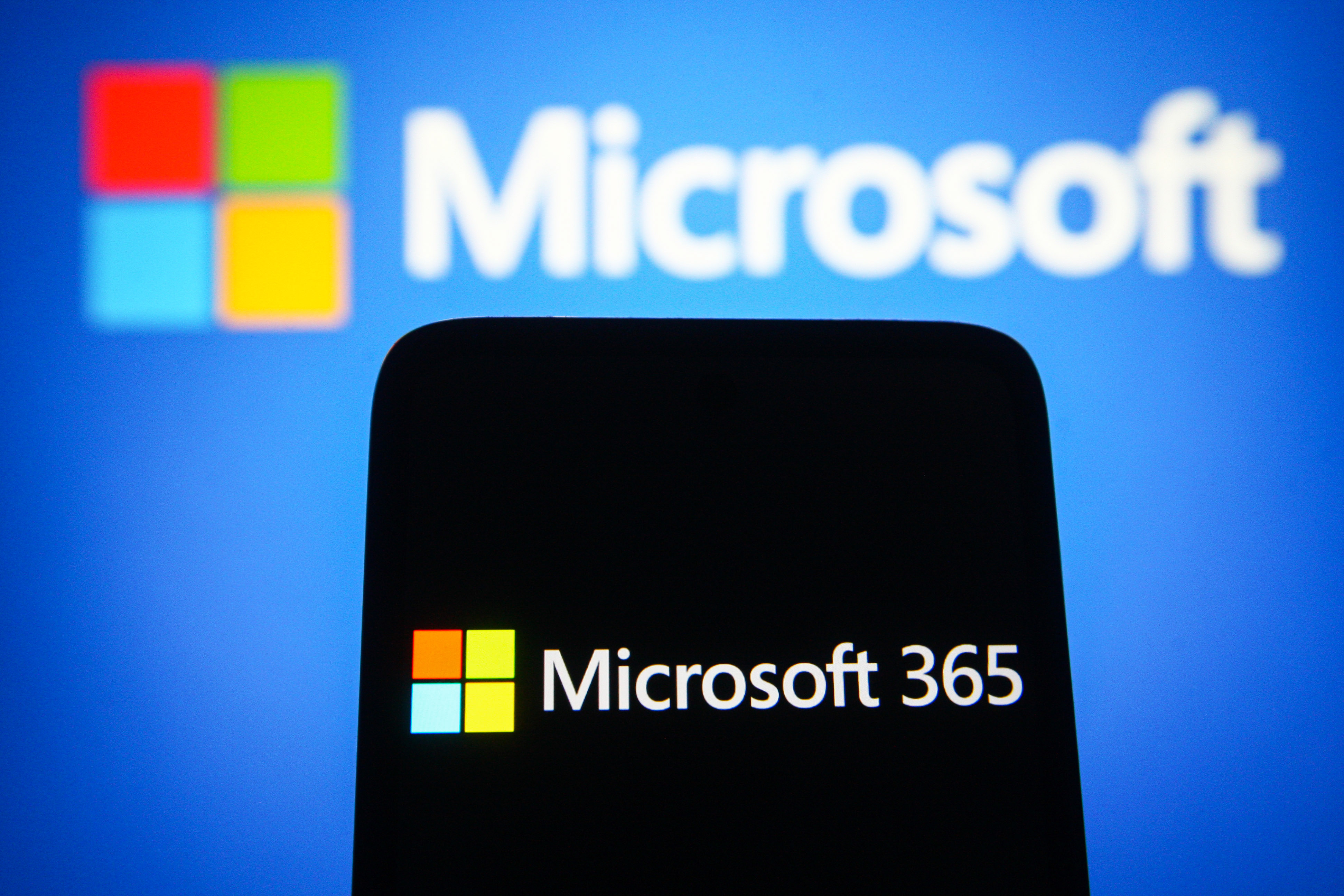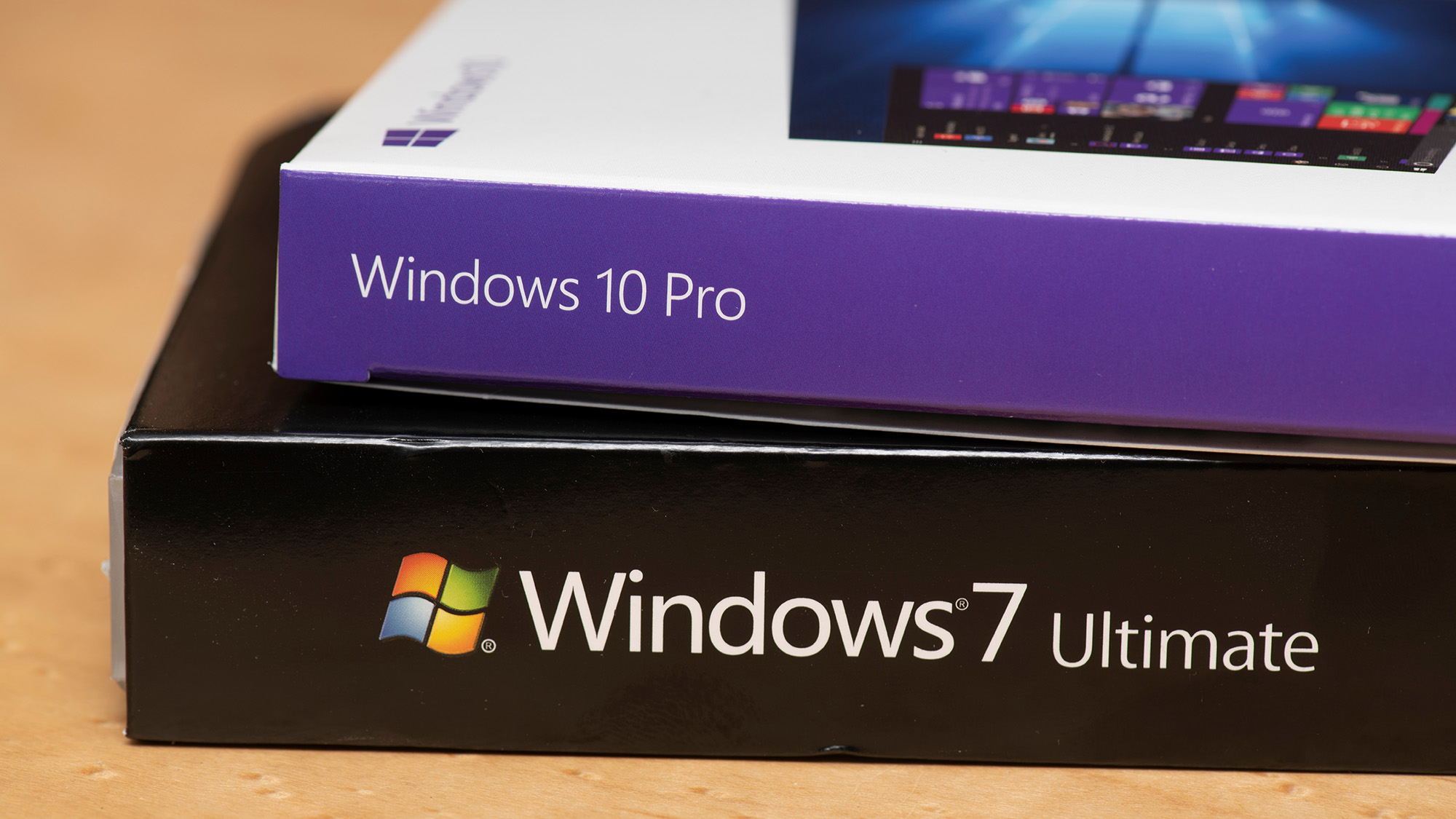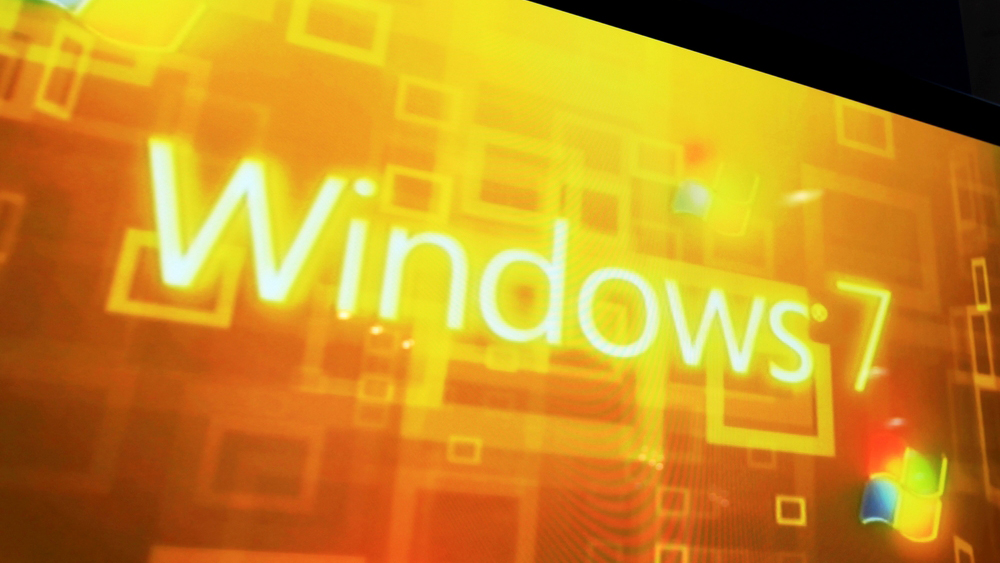SUSE Linux joins the Amazon cloud
Pricing kicks off the question of where the differential went.

Amazon Web Services (AWS) has added Novell's SUSE Linux to its Elastic Compute Cloud (EC2) portfolio.
This will be a boost for Novell at a time when it is believed to be actively seeking acquisition offers but it raises the point of whether Linux in the Amazon cloud is cheaper than Windows. As with everything cloud, the view is somewhat misty.
In US cents per hour for the European market, SUSE is pitching in at 12.5 cents for a default implementation. This is a half of a cent more expensive than Windows. Amazon's Linux at 9.5 cents is somewhat cheaper but Red Hat Linux, at 21 cents, appears much more expensive, especially when you add its $19 per month per customer surcharge.
The confusing issue is that Red Hat controls its distribution and its charge includes support. Support from AWS for basic Linux is the same as it charges for Windows. This is a monthly charge of $100 for Silver level and $400 for Gold. Support for Novell is charged by Novell at the equivalent of around $230.
A rule-of-thumb hourly comparison reveals that, with base level support, SUSE now becomes 44.5 cents per hour way above Windows (26 cents), Red Hat (24 cents) and Linux (23.5c). For Gold level support, Windows ramps up to 67 cents and Linux to 64.5.
The flaw in the costing is that part of the support for Red Hat is included in the hourly costs so support actually varies with usage.
So what appears to be a win for Microsoft in the commercial Windows versus Linux battle actually depends on the support levels chosen. Then the argument becomes the terms and conditions of the support and any discounts that can be negotiated.
Get the ITPro daily newsletter
Sign up today and you will receive a free copy of our Future Focus 2025 report - the leading guidance on AI, cybersecurity and other IT challenges as per 700+ senior executives
Effectively, the playing field looks fairly even, though Red Hat does seem to have the edge. What does become obvious is that the differential between Windows and the relatively cheaper branded Linux on premise argument disappears in the cloud.
-
 Bigger salaries, more burnout: Is the CISO role in crisis?
Bigger salaries, more burnout: Is the CISO role in crisis?In-depth CISOs are more stressed than ever before – but why is this and what can be done?
By Kate O'Flaherty Published
-
 Cheap cyber crime kits can be bought on the dark web for less than $25
Cheap cyber crime kits can be bought on the dark web for less than $25News Research from NordVPN shows phishing kits are now widely available on the dark web and via messaging apps like Telegram, and are often selling for less than $25.
By Emma Woollacott Published
-
 AWS expands language support for Amazon Q Developer
AWS expands language support for Amazon Q DeveloperNews AWS has expanded support for languages in Amazon Q Developer, making it easier for developers to code in their first language.
By Nicole Kobie Published
-
 Redis insists license changes were the “only way to compete with Amazon and Google” — now it could face a user exodus
Redis insists license changes were the “only way to compete with Amazon and Google” — now it could face a user exodusNews Redis sparked controversy when it announced licensing changes in March this year – but the company believes the move was warranted
By Ross Kelly Published
-
 Everything you need to know about Amazon Q, including features, pricing, and business tiers
Everything you need to know about Amazon Q, including features, pricing, and business tiersExplainer Amazon Q can help developers write code faster and help workers with no coding experience build their own generative AI apps
By Steve Ranger Published
-
 Amazon to become Microsoft 365 customer in landmark $1 billion deal
Amazon to become Microsoft 365 customer in landmark $1 billion dealNews The Microsoft 365 deal marks a major pivot for Amazon, which has traditionally avoided using rival cloud products
By Ross Kelly Published
-
 Microsoft angers admins as April Patch Tuesday delivers password feature without migration guidance
Microsoft angers admins as April Patch Tuesday delivers password feature without migration guidanceNews Security fixes include a zero day exploited by a ransomware group and seven critical flaws
By Connor Jones Published
-
 Tech giants lobby US to fund chip production
Tech giants lobby US to fund chip productionNews Industry heavyweights ask Congress for $50 billion in chip manufacturing subsidies
By Mike Brassfield Published
-
 Managing a late migration
Managing a late migrationOpinion When it comes to moving from Windows 7 to Windows 10, it's better late than never
By Jon Honeyball Published
-
 How to set up a Windows 7 emulator for Windows 10
How to set up a Windows 7 emulator for Windows 10Tutorials A complete guide for setting up a Windows 7 emulator for Windows 10 so you don’t lose access to your apps
By Nik Rawlinson Last updated